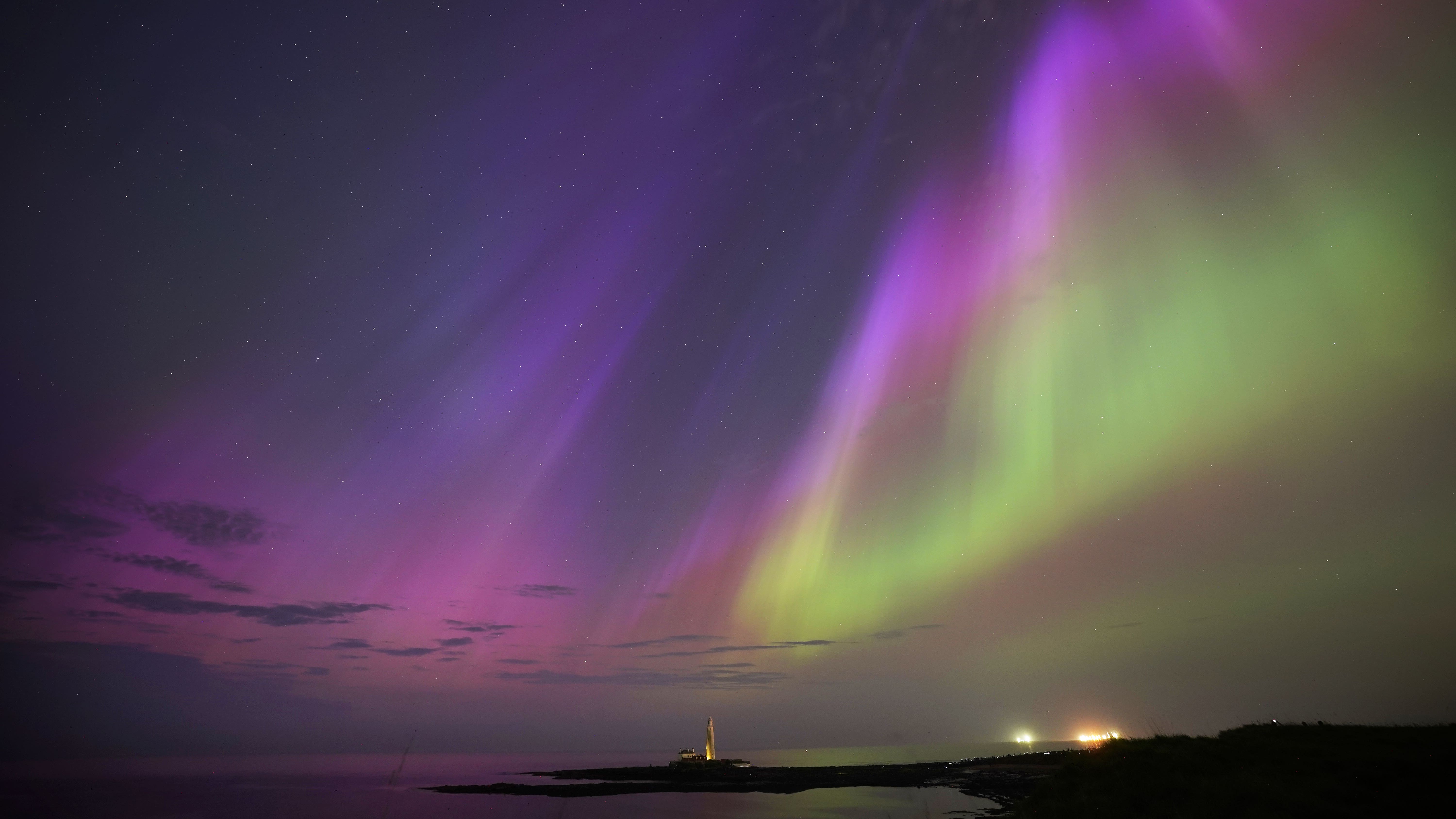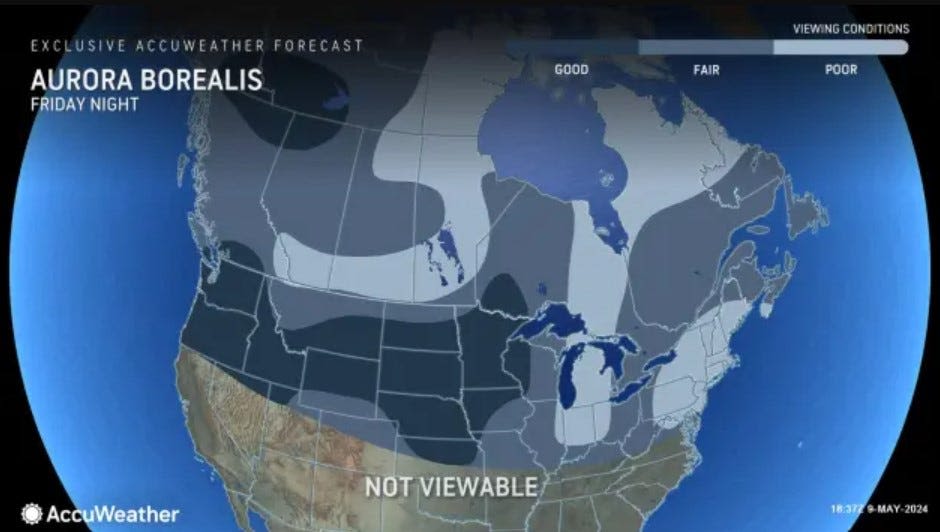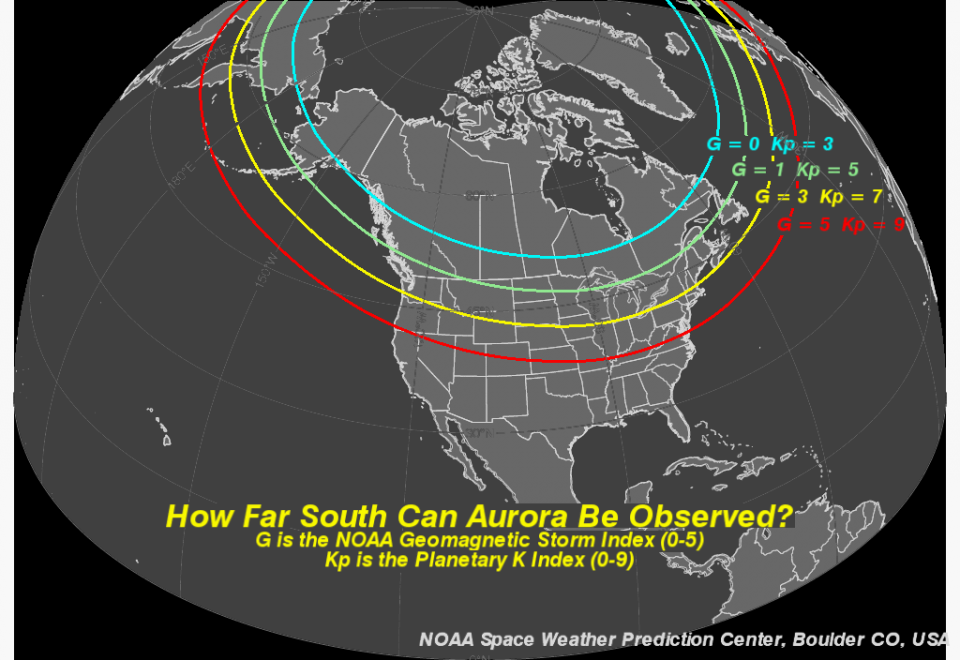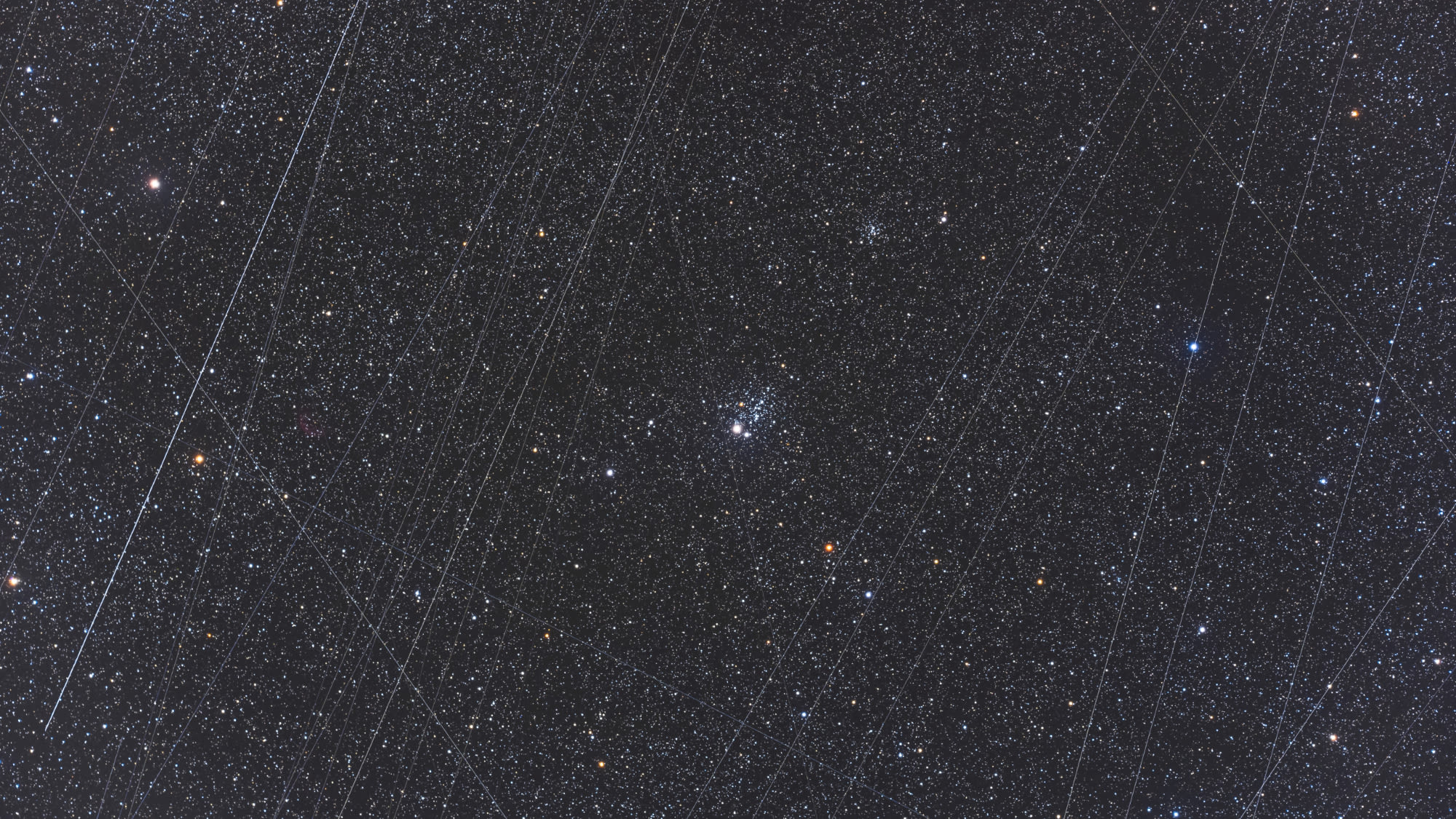Search results
Astronomy.com is for anyone who wants to learn more about astronomy events, cosmology, planets, galaxies, asteroids, astrophotography, the Big Bang, black holes, comets, constellations,...
News about aurora borealis, geomagnetic storm, Northern Lights
News about Natural Tunnel, satellite megaconstellations, astronomy events
Astronomy is a natural science that studies celestial objects and the phenomena that occur in the cosmos. It uses mathematics, physics, and chemistry in order to explain their origin and their overall evolution.
May 3, 2024 · Astronomy, science that encompasses the study of all extraterrestrial objects and phenomena. Since the late 19th century, astronomy has expanded to include astrophysics, the application of physical and chemical knowledge to an understanding of the nature of celestial objects.
Jul 25, 2023 · Astronomy is one of the oldest scientific disciplines that has evolved from the humble beginnings of counting stars and charting constellations with the naked eye to the impressive showcase...
The best guide to astronomy for beginners is the night sky. All you really need to do to get started is look up — preferably at night! You'll find an amazing treasure chest of astronomical wonders, even if you don't have a telescope.
Feb 9, 2015 · Space. A new image reveals magnetic fields around our galaxy’s central black hole. Astronomers have captured polarized light coming from the Milky Way’s central supermassive black hole, giving...
Solar System Overview. The solar system has one star, eight planets, five dwarf planets, at least 290 moons, more than 1.3 million asteroids, and about 3,900 comets. It is located in an outer spiral arm of the Milky Way galaxy called the Orion Arm, or Orion Spur. Our solar system orbits the center of the galaxy at about 515,000 mph (828,000 kph).





